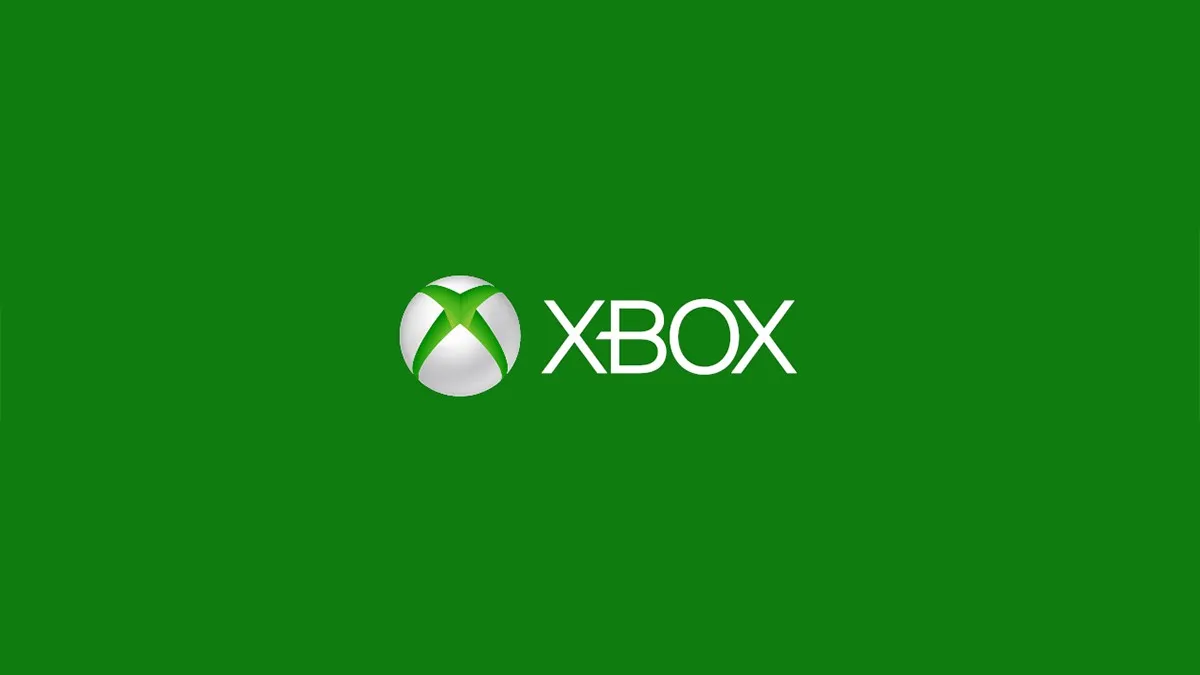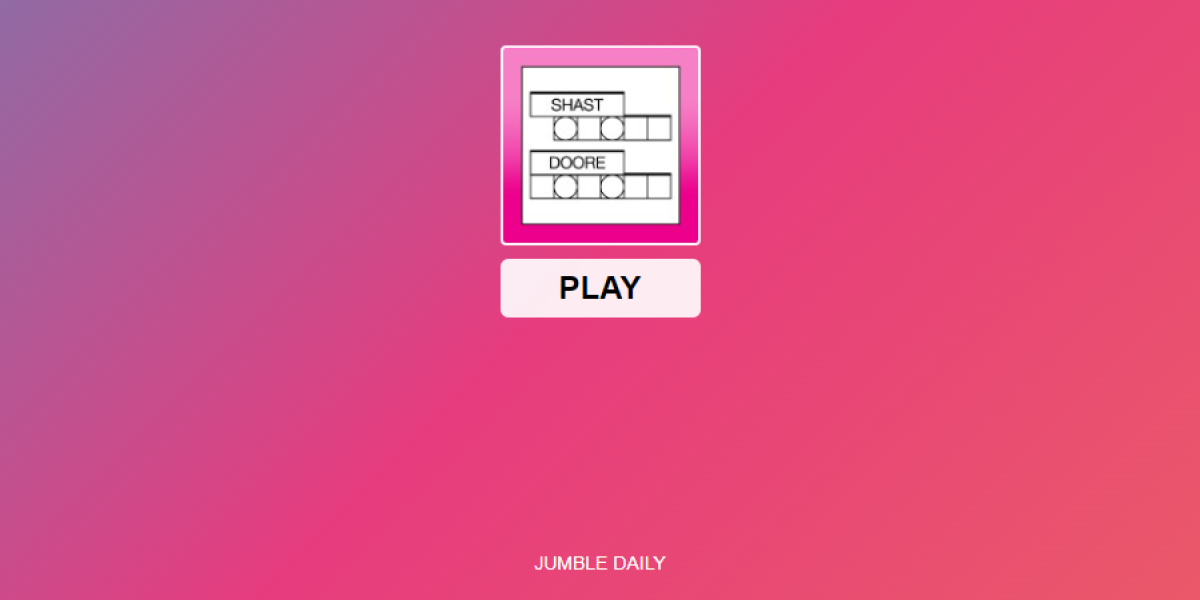One of the most futuristic-sounding aspects of gaming is cloud functionality. Cloud gaming allows players to stream games to play them rather than using a disc or a downloaded copy. While the concept has only been around for a decade now, it’s already promising a bright future for consumers, especially those who want to broaden the scope of the games they play without having to purchase expensive hardware.
Microsoft has been one of the biggest players in the cloud gaming space. Its extremely popular Xbox Game Pass service offers an Ultimate tier that allows players to stream many of its offerings to a variety of devices, provided they have a strong internet connection. If you’re an Xbox owner interested in gaming potential with the cloud, we’ve compiled an essential guide on what the service is and how it works.
Here’s everything you need to know about cloud gaming for Xbox.
Xbox cloud gaming explained
As stated above, cloud gaming is included as part of the Xbox Game Pass subscription service. While it’s still technically in beta, it functions well across most of the platform’s games. To have access to it, you’ll need to subscribe to the Ultimate tier, which costs $15 and allows you to stream games to Xbox consoles, Windows PC, and mobile devices via in-browser and in-app gaming. (Certain free-to-play games also support cloud gaming without an Ultimate subscription.) You’ll also need a strong high-speed internet connection capable of transferring large amounts of data.
Once you’ve subscribed, you can check out the Game Pass homepage to find games that are cloud compatible. A game’s information page will generally show if it’s cloud compatible. There’s also a section of the service that only shows cloud-compatible titles. After picking a title, simply choose to play it through the cloud to start gaming.
Playing games through Xbox cloud gaming means that you don’t have to wait for a game to download and install, and the game doesn’t take up space on your device. You can still install a title if you want; you can even have it install in the background while you’re playing it via the cloud. You can also save your game on one device and pick up where you left off on another, provided you open the game through the cloud both times.
While it sounds like an alluring premise, cloud gaming does have a few downsides. If your internet connection is down or malfunctioning, you won’t be able to play any games through the cloud since the service requires a steady internet connection. If you forget your Microsoft account login or your account is compromised, you also won’t be able to access games through the service. Finally, cloud gaming doesn’t include a hard copy of games, which some players might see as a drawback.
To learn more about the nitty-gritty of cloud gaming and how to take advantage of it on your devices, check out Microsoft’s guide to cloud gaming with Game Pass and its FAQ on how to get started. The company also maintains a complete list of cloud play-enabled games on Game Pass.












Published: Sep 28, 2022 8:14 PM UTC